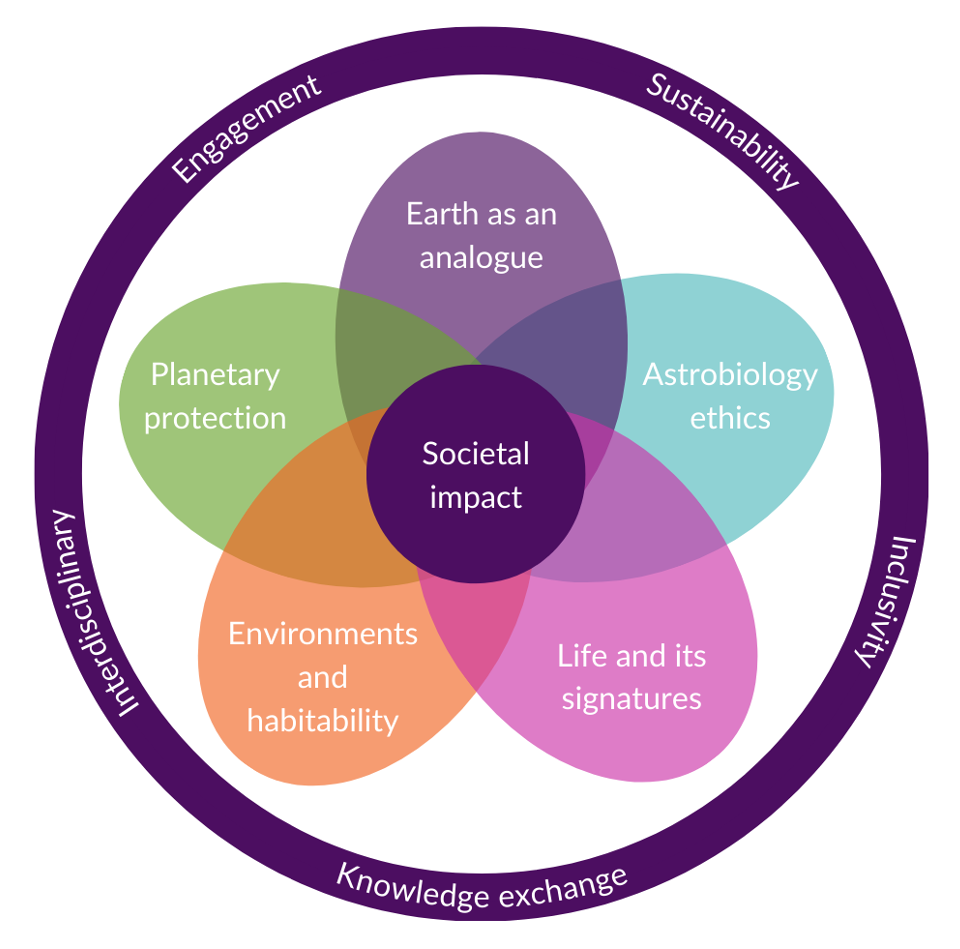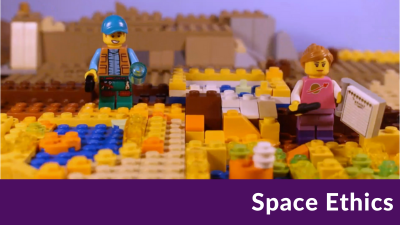You are here
- Home
- Research
Research
AstrobiologyOU works together to understand how, and where, life might be found beyond Earth and the scientific and ethical challenges faced by astrobiology-related exploration missions.

We do this by focusing on:
-
The Earth as an analogue – using locations on Earth similar to those in space to understand the prospect of life elsewhere in the Solar System
-
Astrobiology ethics – the ethical implications of looking for, and finding life, including understanding and regulating the impact of astrobiology research and fieldwork on human communities.
-
Life and its signatures – understanding life in extreme and diverse environments, the signatures that life may leave behind and its detection by exploration missions
-
Environments and habitability - identifying and understanding the habitability potential of environments beyond Earth.
-
Planetary protection - protecting the Solar System from contamination from Earth and protecting the Earth from anything that may be brought back from space.
These themes are addressed through dedicated, interdisciplinary teams, including PhD students, postdoctoral research assistants, independent research fellows, technical laboratory staff, and a dedicated Support Hub.
We have extensive Research Facilities including a suite of laboratories housing advanced analytical instrumentation, simulation and experimental facilities. We are also involved in international astrobiology related activities for example the NASA Mars Science Laboratory (MSL) the ESA ExoMars programme, the ESA Expose missions, NASA’s Europa Clipper, and the DAVINCI and VERITAS missions to Venus. We are an affiliated member of the European Astrobiology Institute.

If you’d like to work with us, please get in touch!
Publications
Click to see a list of our publications.



.png)